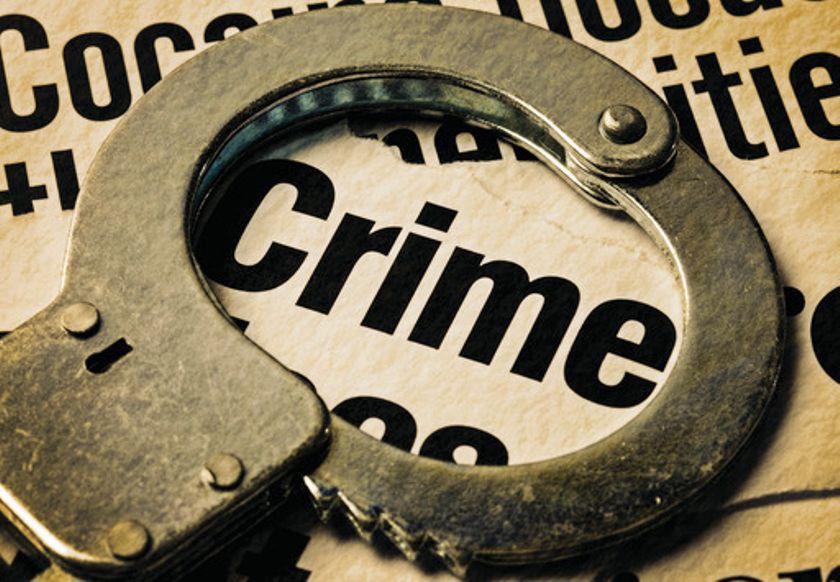Theoretical research has focused on reasons people commit crimes. These theories can be classified as cognitive, behavioral or psychological. Psychodynamic theories are based upon childhood experiences and attempt to understand the reasons why certain behaviors occur. Cognitive theories study how a person’s perception of the world and how it influences their behavior. Social control theories try to explain the reasons why people don’t commit crimes and identify the causes. These theories are common in criminology, and researchers continue to refine them.
According to the theory of social disorganization, criminals are motivated in part by conflicts within their communities. Different groups of people compete with one another to gain power. These groups might try to ban or suppress the behavior of members of the group that is subordinate to them. Social learning theory helps people learn from their environment and then base their decisions on the information they have learned. People turn to crime in the event that they do not attain their social goals. Although it is impossible to determine the outcome of a crime, it is important to know why certain people are more likely to commit crimes.
The “social disorganization” theory is a more recent theory regarding crime. It argues that crime is the result of conflict between groups with different backgrounds in terms of socioeconomic and racial. This theory suggests that crime is more likely to occur in neighborhoods with an unstable social structure, such as poor schools, vacant buildings, high unemployment and a mix of residential and commercial property.
Theorists who reject the social-cynical theory have been criticized for arguing that crime is influenced by a person’s biological and cultural background. These theories are based upon research and are not controversial. In addition to their own theories, the sociological view on crime has been a favored discussion for quite a while. You can read the articles below to learn more. There are many websites and articles that will discuss the various theories of crime.
The “social control” theory claims that the social structure of society influences the behavior of individuals. It also holds that the social class distinctions and opportunities influence the behavior of individuals. The “social control” theory supports the belief that criminals are motivated by advantage. Conflict theory states that a person’s actions are motivated by a certain reason. However, a lot of sociologists don’t support the choice-based theory.
A third theory of crime focuses on the social environment that a person is living in. The social structure of an area influences the likelihood of a crime taking place. There are many factors that affect crime in a community. Among these factors are the social capital and the economic conditions. The environment can have an impact on the level of violence. The chance of someone being convicted of criminal acts increases when the social structure of the country is unstable.




